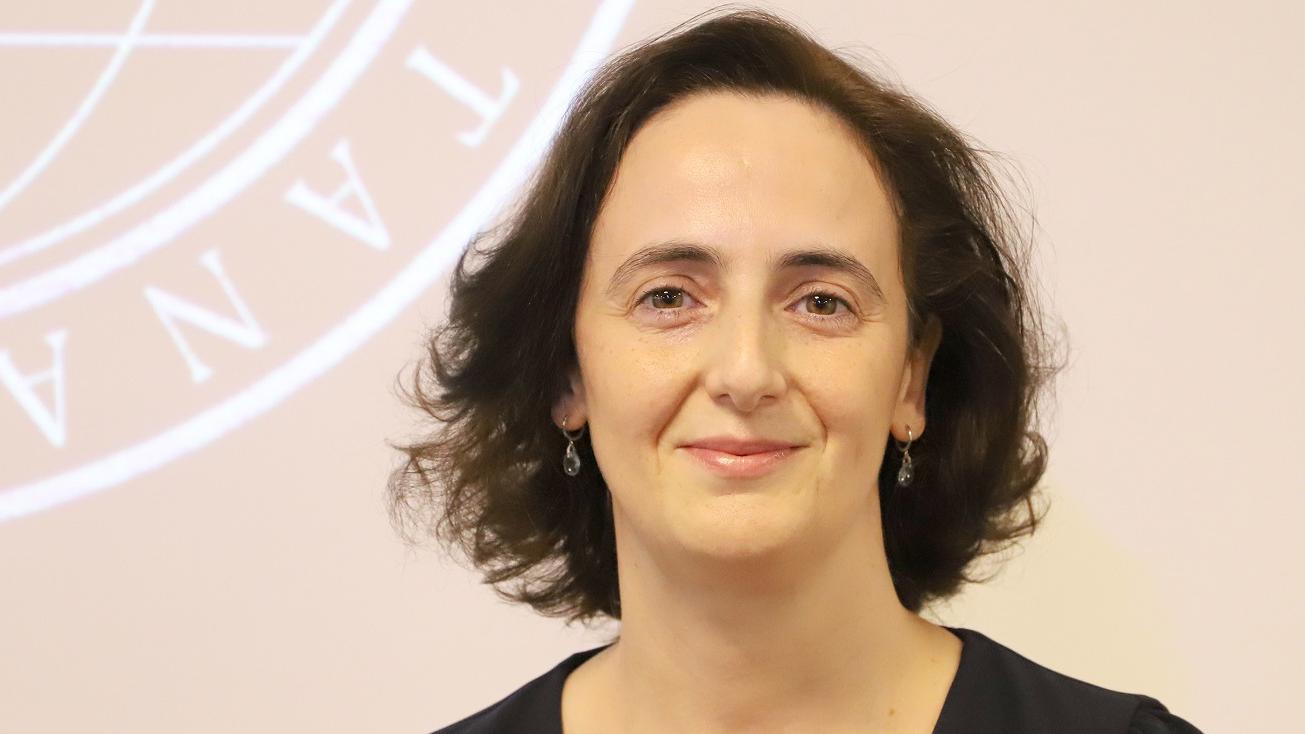
Sandra Martins Pereira, FCT Principal Investigator at the Centre for Studies in Management and Economics at Católica Porto Business School, an expert in research on ethics in palliative and end-of-life care, is involved in leading a €5.5 million project funded by the European Commission, which aims to smooth the transition between hospital and home for cancer patients and improve their quality of life.
"We are investigating whether an optimal transition of care can be facilitated from hospital care to community care, so that patients can stay at home longer, receiving high-quality palliative care, resulting in a better quality of life for advanced and end-of-life cancer patients and their families, promoting compassionate communication on ethically sensitive topics, reducing unnecessary hospitalizations and minimizing suffering," explains the researcher, who is also Vice President of the EAPC - European Association for Palliative Care.
Sandra Martins Pereira will lead the "Ethical, Sociocultural and Policy Analysis" work package that will be under the responsibility of the Catholic University of Portugal in the multisectoral and interdisciplinary European research project entitled 'PAL-CYCLES: PALliative Care Yields Cancer welLbEing Support', which begins in September 2022.
The project will receive 5.5 million euros over the next 5 years, with more than half a million euros allocated to Universidade Católica Portuguesa.
The basis of the palliative care transition program 'PAL-CYCLES' was developed in a study previously conducted in the Netherlands. This study will now be further developed and adjusted to the reality of other European countries, including Portugal.
"The challenge with 'PAL-CYCLES' is to facilitate patient-centered communication and the continuity and integration of palliative care in the community setting, as well as to improve the delivery of high-quality health care to people with advanced and end-of-life cancer disease who need palliative care, within and across European countries with a wide variety of health care systems and different models of financing, organization and delivery of health services," explains Sandra Martins Pereira.
The Portuguese team will implement a series of studies and assess the ethical, socio-cultural and political challenges inherent in the palliative care transition and implementation of the 'PAL-CYCLES' program. This international research project includes partners from nine European countries (Belgium, England, Germany, Hungary, Poland, Portugal, Romania, Spain, and the Netherlands).


